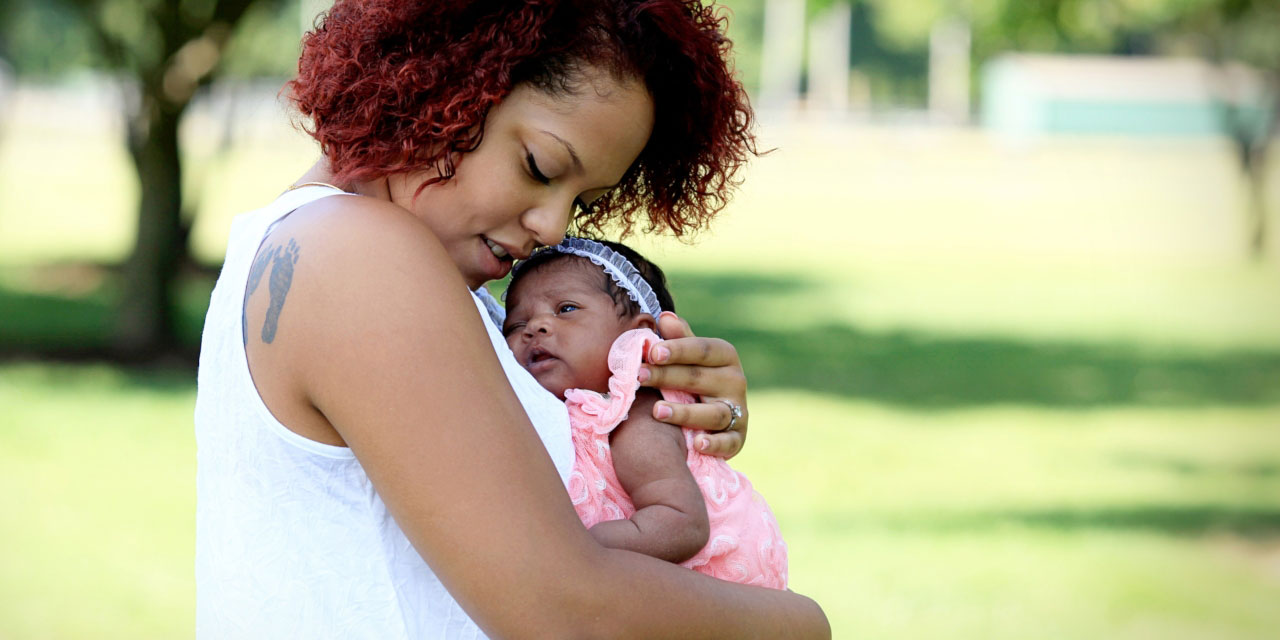
African-American teen mothers, those living in rural areas, and teens with lower education and socio-economic status are at higher risk of having preterm deliveries and low-birth-weight babies, according to a U of A study looking at factors besides age that affect the health of teen moms and their babies. (Photo: Getty Images)
An integrated effort that targets education and socio-economic disparity is needed to reduce inequalities expressed in health outcomes, say University of Alberta researchers who found a higher incidence of poor pregnancy outcomes among socio‐economically deprived adolescents compared with their well‐off counterparts.
Sana Amjad (MSc '18), a School of Public Health alumna who specialized in global health, performed a systematic review of 31 mostly U.S.-based studies to examine how socio-economic factors might affect the health of babies and moms.
"Poor outcomes in adolescent pregnancies have been traditionally attributed to the young age of the mothers. We wanted to look at how where they live, their education, their occupation and levels of support might affect these outcomes," said Amjad, whose supervisor was School professor Don Voaklander.
"The analyses revealed that biology alone does not explain the high incidence of adverse perinatal outcomes in adolescent mothers. Our findings suggest that certain subgroups of adolescent mothers may be at a high risk of poor pregnancy outcomes and require special attention," she said.
The study showed that African-American mothers were more likely than white teens to have preterm deliveries and low-birth-weight babies. Other social determinants such as rural residence were consistently linked with preterm birth, while low maternal socio-economic status and illiteracy were found to increase the risk of maternal mortality and low-birth-weight infants.
On the other hand, her research suggests good community and family support has a protective effect against teenage pregnancy complications, especially low birth weight.
Amjad's co-supervisor, U of A perinatal epidemiologist Maria-Beatriz Ospina, said the review emphasizes the need to go beyond biological considerations when it comes to healthy outcomes for young mothers.
"It takes more than biology," she said. "One of the things we're working around is the experience of systemic racism that probably accounts for those differences."
She added when a baby is born preterm or underweight, that sets up conditions that can lead to marginalization and adverse outcomes later in life.
"What is required is intersectoral efforts to tackle these social inequalities," said Ospina, who received funding from the Lois Hole Hospital for Women through the Women and Children's Health Research Institute.
The study, "Social Determinants of Health and Adverse Maternal and Birth Outcomes in Adolescent Pregnancies: A Systematic Review and Meta-analysis," was published in the Journal of Paediatric and Perinatal Epidemiology.